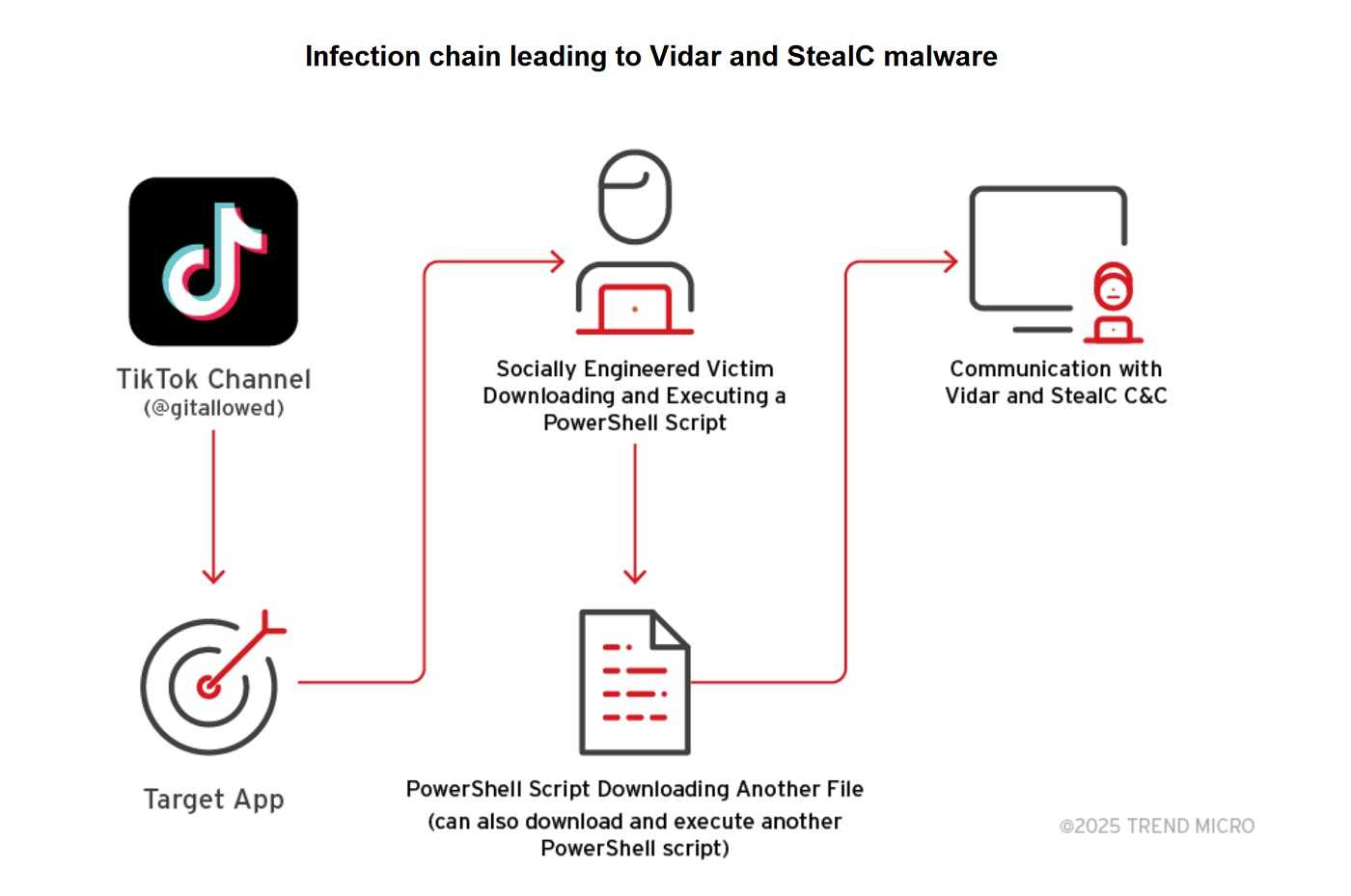TikTok can provide loads of entertainment and it’s so easy to get enthralled with the content on there. In fact, didn’t we all learn to make baked feta pasta there? That’s very useful, isn’t it? Sadly, it’s also not so difficult to become the victim of cybercrime. With the help of AI, it’s even easier for that to happen. And you guessed it--cybercriminals are now leveraging AI-generated TikTok videos to deceive users into installing malware on their devices.
What’s up TikTok?
These deceptive videos often promise access to pirated software or premium features for applications like Spotify and Microsoft Office. By instructing viewers to execute specific commands, these videos facilitate the installation of information-stealing malware such as Vidar and StealC.
The malicious actors behind this campaign exploit TikTok's algorithm to amplify their reach, with some videos garnering hundreds of thousands of views. Even worse, the AI-generated content appears professional and trustworthy, making it easier to lure unsuspecting users into following the instructions that land them in a world of hurt.

Once the malware is installed, it can harvest sensitive data, including login credentials, financial information, and cryptocurrency wallet details. This stolen information is then used for identity theft, financial fraud, or sold on dark web marketplaces for who knows what to be done with it.
Whatcha gonna do about it?
 Be cautious of unsolicited offers for free or pirated software. In fact, we probably don’t need to tell you that using pirated software is illegal.
Be cautious of unsolicited offers for free or pirated software. In fact, we probably don’t need to tell you that using pirated software is illegal.
Avoid executing unknown commands or scripts on your device. Just because someone tells you to do it, doesn’t mean you should.
Keep your operating system and security software up to date.
Enable multi-factor authentication on your accounts. This can be using a one-time code sent to via text, a code generator app, or even a hardware key.
Stay vigilant and think twice before following instructions from unverified sources on social media platforms. And hopefully we don’t need to remind you that just because you see it on the internet, doesn’t mean it’s safe or true.